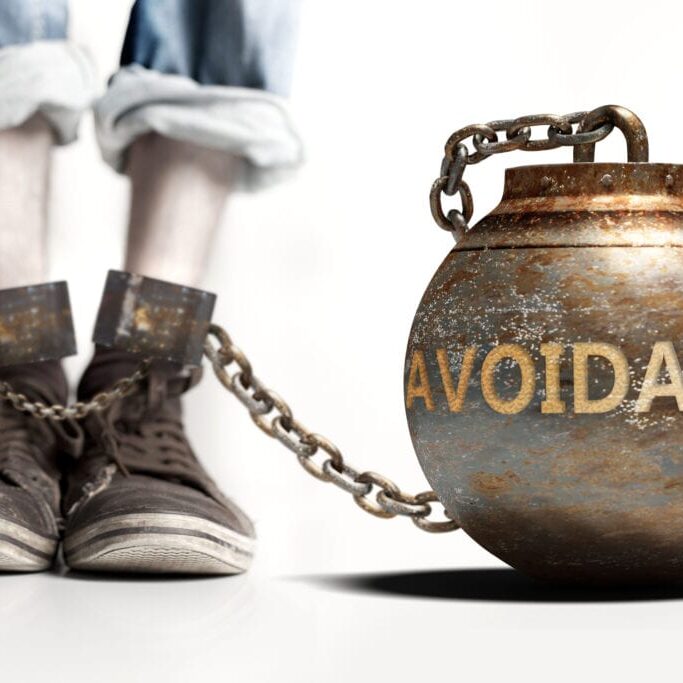Avoidance: A trap that makes anxiety worse

Avoidance: A trap that makes anxiety worse
Events such as a rude remark, speaking in public, joining a group for the first time, using a public toilet, or taking a math quiz aren’t dangerous or emergent. When we avoid or quickly leave those situations because we feel anxiety, we strengthen the avoidance response.
Years ago, I came upon a bear foraging between the cabins on Mt. LeConte. My heart rate and respiration jumped immediately. I felt the adrenaline effects released as my sweat glands responded, and my body was ready to move. I slowly backed out of the bear’s line-of-sight around the cabin, joined my family, and headed down the trail. The speed with which the sensory thalamus and amygdala respond to threats amazes me (maybe 50 msec). The threat signal also goes to the prefrontal cortex, where we can evaluate and decide and try to down-regulate our fight or flight response, but that process can take five times longer ( maybe 250 msec). Most situations don’t pose a threat to our immediate health and safety.
Because avoidance or quickly leaving a situation that “feels scary” results in a quick drop in the fear we feel, the behavior of avoidance strengthens through negative reinforcement. You could think of this as a reward for avoidance. Immediate feedback and the decrease in discomfort is a powerful combination. Negative reinforcement is the avoidance trap.
Intellectually, we know these situations aren’t inherently dangerous, but the false alarm of anxiety tells us otherwise. If we repeatedly face our fears, our brains habituate, and the anxiety drops, so we lose our fear. Work on facing exaggerated fears in small steps or with the help of a friend. If it’s too overwhelming, seek help from a cognitive behavior therapist trained in exposure and response prevention. They can develop a plan with you that breaks exposure into small steps, so you are more likely to face fears and stay out of the avoidance trap.
David L. Barnhart, EdD
Licensed Counselor
Certified Clinical Mental Health Counselor
